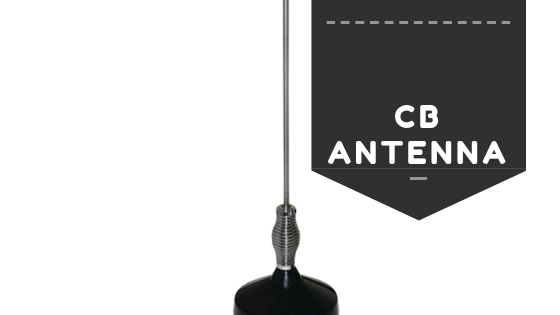The world is filled with invisible communications, from remote controls to television, radio, cellphones and even your wireless phone at home, communication surrounds us, but most of us know little about it. Each one uses radio waves to communicate, but which is the most useful? Should we all try to know a little more about radio?
If you enjoy hiking or camping in the more remote areas, there are still many parts of the Untied States which don’t have good, or even any, cellphone coverage. Carrying hand held radios will help you keep in touch with the rest of the world, receive warning of any severe weather events, and give your the ability to summon help if needed. A sprained or broken ankle is, by most standards, a minor injury. It can become a major problem if you can’t get help. Unable to move, you could easily die from exposure to sun or cold, depending your location.
Anyone venturing into the unknown or inhospitable, or even somewhere just a little outside normal human contact needs to carry a radio, and to know how to operate it. Radio telephony is part of the training for even the simplest pilots license; the first radios were installed in ships as early as 1900 and their contribution to safety at sea cannot be overemphasised.

If you travel a great deal and want to keep in touch, sometimes with home, but mostly just with another human voice on long boring journeys, CB radio will help you do exactly that. Cellphones can’t help you communicate with the car in front, or any other CB radio operator within range, because you don’t know their cellphone number. Radio will keep you in contact and keep you advised of any emergencies in your area. Most CB radio’s also have weather alerts to let you know of any approaching storms. And all CB radios depend on their CB antennas. CB antenna should be of highest quality. There is a big range of choices online for both CB radios and antennas, and there are some really good reviews websites like https://www.cdhpl.com/best-cb-antenna/, where you can read the reviews about each antenna and compare.
One other group which benefits from radio is the dedicated radio amateur who wants to make a difference. These are men and women from all walks of life who monitor the airways for emergency communications and co-ordinate with rescue and emergency services. ARES (the Amateur Radio Emergency Service) is an organisation for licensed radio amateurs to help provide radio communications as needed, often for local, public events as a way of practicing for emergencies. ARES membership is open to anyone with an amateur radio license. The organisation is national, but is organised at a local level and gives anyone the opportunity to be a hero, just by sitting and listening.